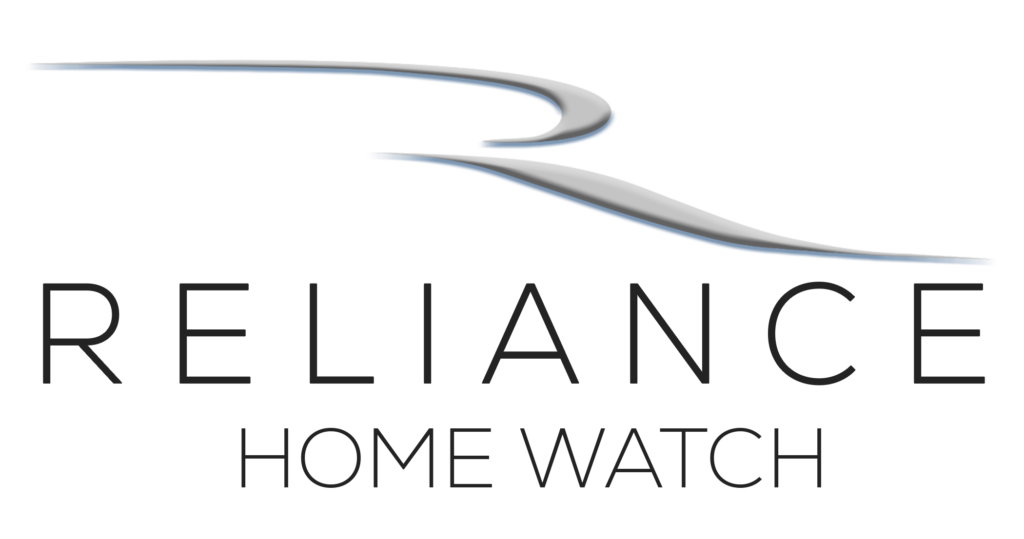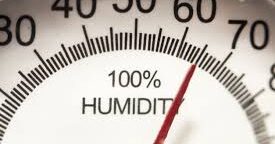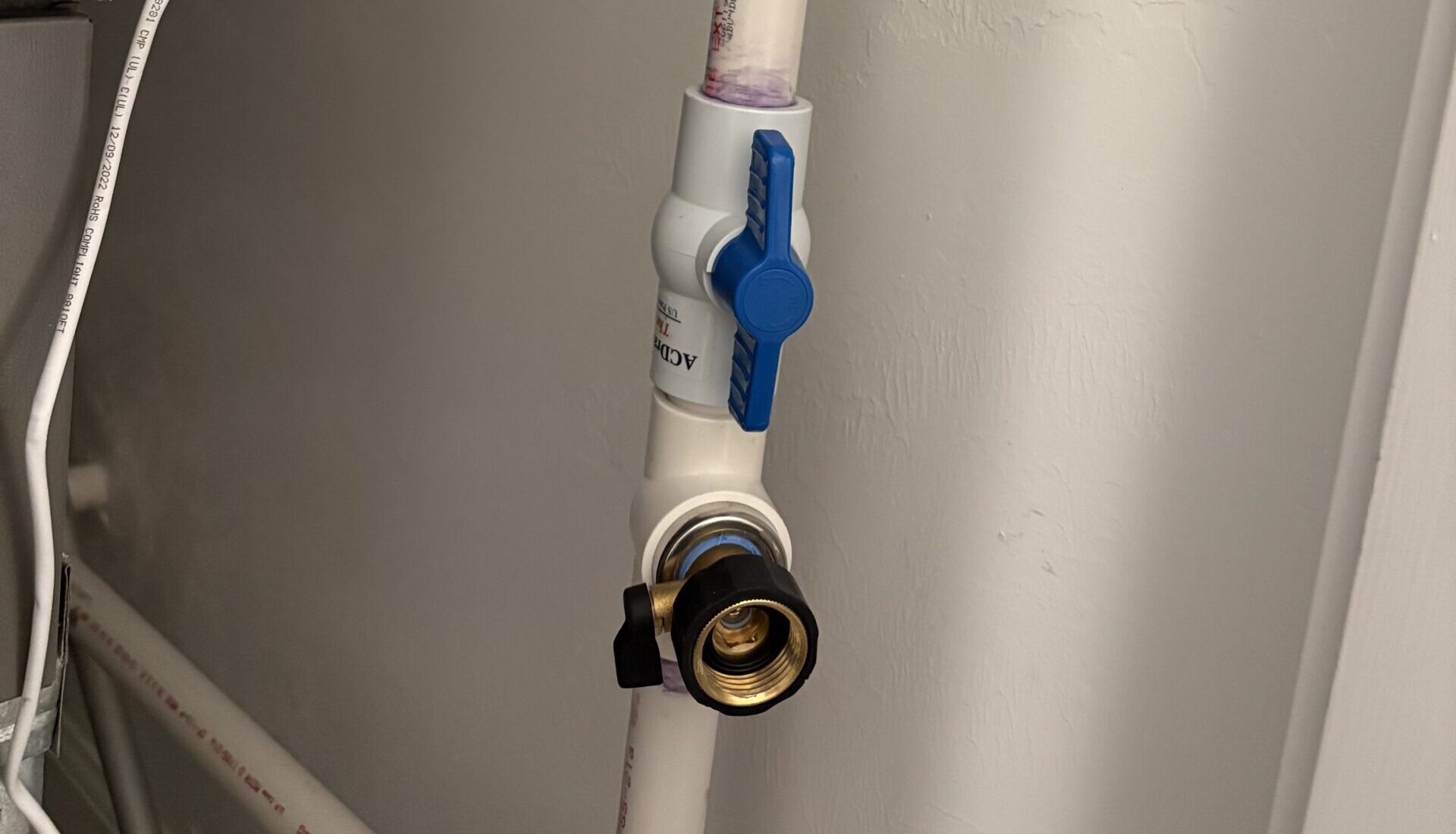Every year, snowbirds and seasonal homeowners prepare to leave their homes for extended periods, often stocking up on moisture extraction products in hopes of combating humidity in tropical climates like Florida. These products come in various forms—hanging bags, tubs, and packets—each claiming to prevent musty odors, mold, and excess moisture buildup. But do they actually work?
As a Home Watch business owner, I’ve seen firsthand how these products perform—or don’t. And the reality is, they may do more harm than good.
The Quick Answer: Save Your Money
If you’re short on time, here’s the bottom line: Moisture extraction products are not an effective way to control humidity in your home. They offer minimal benefits in very small, enclosed spaces but do not provide a real solution for an entire home.
The Truth Behind the Marketing
Moisture extraction products are marketed as simple, electricity-free solutions to manage humidity. Ads often highlight their ability to absorb excess moisture and prevent odors in basements, closets, and bathrooms. However, there are key limitations that are not widely discussed:
- Small coverage areas – These products are only effective in tiny spaces like closets or cabinets, not entire rooms or homes.
- Limited absorption capacity – Once they reach their capacity, they stop working and can even become a new source of humidity.
- High maintenance – They require frequent replacement or emptying, adding ongoing costs and hassle.
- Potential spills and leaks – As they collect moisture, they can easily tip over and spill, leading to further damage.
- No match for air conditioning – Compared to HVAC systems, these products absorb only a fraction of the moisture needed to regulate indoor humidity levels properly.
The Real Solution to Humidity Control
A properly maintained air conditioning system is the most effective way to manage indoor humidity. In fact, a standard AC unit can remove 5 to 20 gallons of moisture from the air per day—something a small tub of moisture absorber simply cannot compete with. Without proper air circulation and dehumidification, high humidity levels can lead to microbial growth in as little as 24 to 48 hours under the right conditions.
Instead of relying on moisture extraction products, here are proven methods to effectively manage humidity in your home:
Best Practices for Humidity Control
Maintain your HVAC system – Schedule preventive maintenance at least once or twice a year to ensure efficient humidity removal. Ensure proper ventilation – Use ceiling fans and exhaust fans to promote good airflow, reducing moisture buildup. Invest in an electric dehumidifier – In especially humid areas like garages and basements, a powered dehumidifier can help maintain optimal humidity levels. Monitor your home regularly – If your home is vacant for extended periods, having a professional check on it is crucial to prevent humidity-related issues.
Why Home Watch Professionals Recommend Against Moisture Extraction Products
Certified Home Watch professionals know that moisture extraction products provide only a temporary fix, not a real solution. Homeowners who rely on these products instead of proper home maintenance risk unseen humidity damage, mold growth, and even voided insurance claims.
Reliance Home Watch provides expert monitoring to help prevent these issues before they become costly disasters. Regular home checks ensure your HVAC system is functioning, leaks are detected early, and mold risks are minimized.
Moisture Extraction Products Have Their Place—But They’re Not a Full Solution
To be fair, these products can serve a purpose in very small, enclosed areas such as inside safes, pantries, or small storage containers. However, they should never be relied upon to manage humidity levels throughout an entire home, especially in humid climates like Florida.
Using them as a replacement for air conditioning or professional monitoring can create a false sense of security, leaving your home at risk for damage that could have been easily prevented.
The Insurance Factor: Are Regular Home Checks Required?
Many homeowners are unaware that their insurance policies may require regular home checks while the property is unoccupied. If a claim is filed and the insurer discovers the home was not properly monitored, coverage could be denied.
This is why partnering with Reliance Home Watch or another Certified Home Watch Reporter is an investment in both your property’s protection and your peace of mind. Remember, “An Unoccupied Home Is A Vulnerable Home!”
Is High Humidity Exclusive to Florida?
While Florida is notorious for its high humidity levels, several other states experience significant humidity as well. Surprisingly, Alaska has the highest average relative humidity at 77.1%, due to its cold temperatures allowing the air to saturate quickly. Other humid states include:
- Louisiana (74%) – Proximity to the Gulf of Mexico contributes to consistently high humidity.
- Mississippi (73.6%) – Warm, moist air from the Gulf keeps humidity levels high year-round.
- Hawaii (73.3%) – Surrounded by the Pacific Ocean, humidity is nearly constant.
- Iowa (72.4%) – Agricultural moisture from cornfields adds to the humidity levels.
- Michigan, Indiana, South Carolina, and Texas also experience high humidity due to climate and geography.
Invest in Reliable Home Monitoring, Not Quick Fixes
By choosing a Certified Home Watch Reporter from Reliance Home Watch, you’re ensuring your property is professionally monitored, reducing the risks associated with high humidity, mold, and unexpected damage.
A tub of moisture absorber can’t protect your home—but professional oversight can.
Ready to Protect Your Home?
Contact Reliance Home Watch today to learn how our expert services can help safeguard your home while you’re away!



